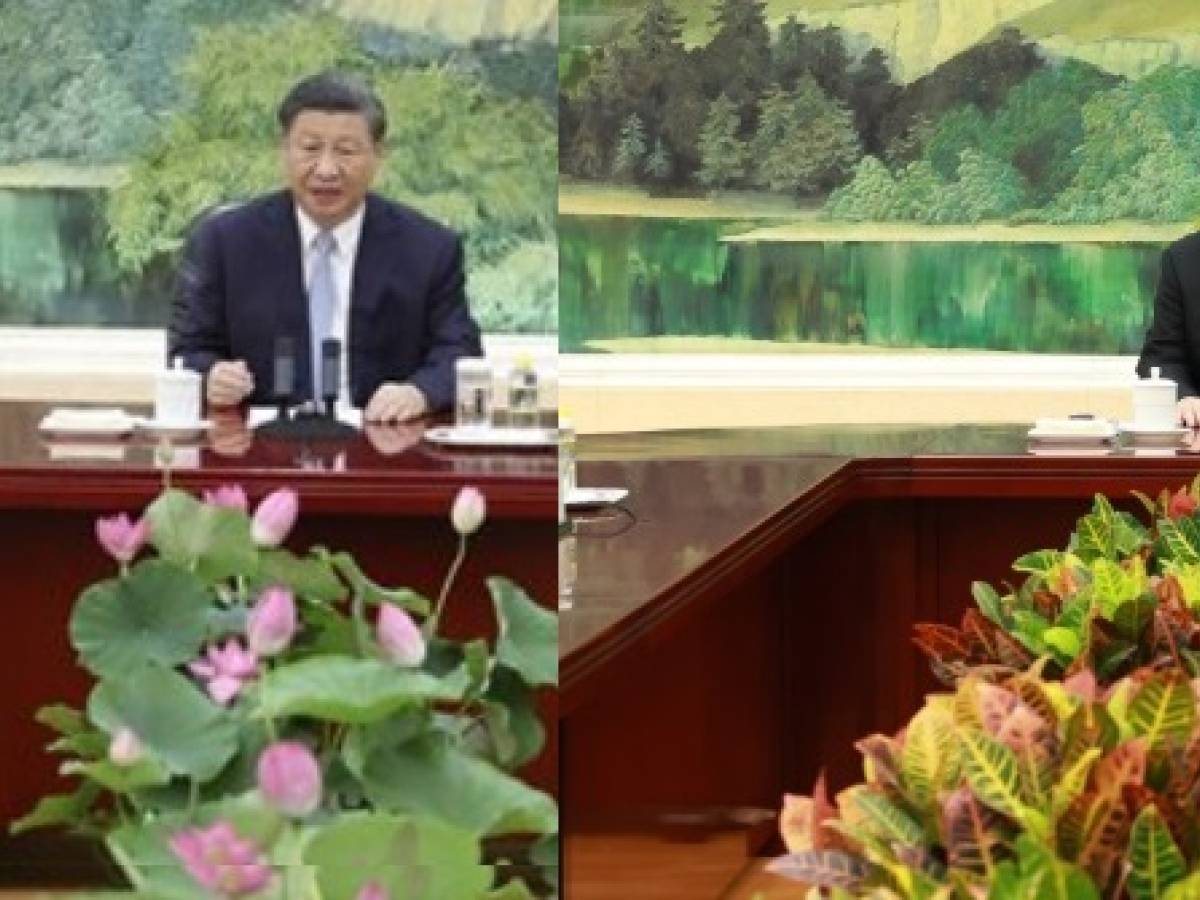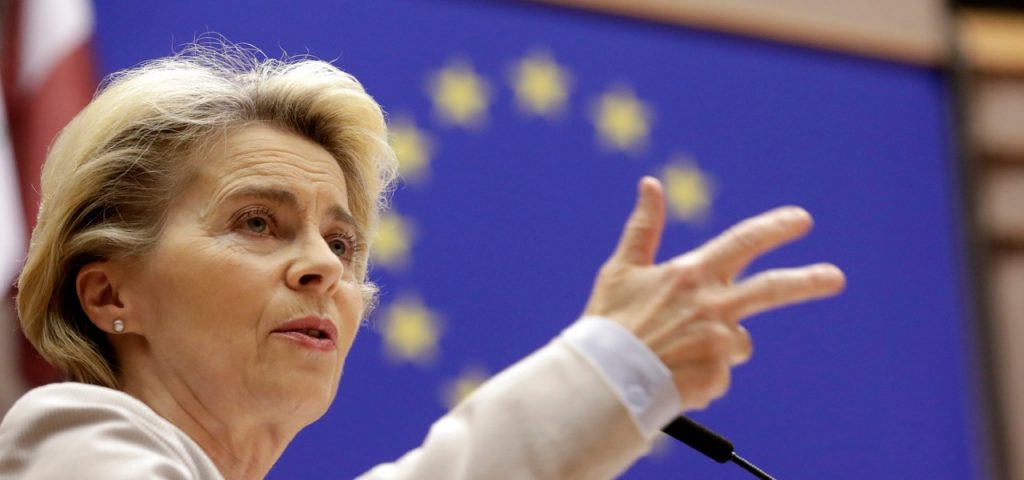The organic crisis of the Italian and European parties that we have discussed a lot in these pages is flowing into the international arena due to the inability of European technical structures to understand the basic strategic lines that could allow the system of treaties to be linked among themselves. They have European countries to face the challenges that come from the international horizon. It is typical in central economies not to be able to align foreign policy ambitions with the economic and institutional possibilities that allow them to be put into practice. The EU crisis is the crisis of the contradiction, which is increasingly being exposed, between the economic need for international expansion and the institutional structure that prevents the creation of economic policies appropriate to a geostrategic purpose. With more and more power, a disabled vice can be triggered. Moreover, it already exists. All this emerges from the facts which I briefly mention here.
Italian Defense Minister Lorenzo Guerini recently visited the Sahel, Mali and Niger, where he held an extensive series of institutional meetings with local authorities and reaffirmed the military value of our presence in that critical geopolitical region. From Sudan to Mauritania, the wide strip of African land between the Sahara and the Sub-Saharan belt touches the state settlements in West and Central Africa, and in the north, those bordering the Mediterranean Sea. A historical region crucial to the future of Europe, like the Congo, which will require intermittent attention in the future, when the emergence of a new African bourgeoisie with higher degrees of strategic independence from the hegemony of international extractive capitalism, cannot fail to determine the future of Italy with that of Europe. A very difficult and crucial region, as evidenced by the symbolic situation that has affected the Lake Chad region for years and the conflicts that have ravaged it.
The future of Europe, if it does not want to be crushed by the German land forces and Eastern Europe, is in Africa, As you know France well It is no coincidence that it directs the operations of the Tacopa Task Force, to which Italy has joined and which is essential to the fight against Islamic fundamentalism.
Europe in the EU must discuss these issues and align its economic and financial projects with this enormous potential for growth and the enormous challenges that these possibilities entail, rather than continuing to exhaust itself in endemic conflict. Among the so-called frugal nations And those that are not frugal and that are not perceived to be so. Moreover, the military problem is hitting the doors of the European Union with a determination that is now dramatic.
A few days ago, a study by the Center for American Progress in Washington, a think tank “with close ties to the Biden administration,” its conclusion was clear and symbolic: “It is time for the European Union to become a global military power…. President Joe Biden urged — we continue — to encourage the union European Union to develop strong military capabilities and his call to abandon decades of opposition to the European Union’s defense integration by former US leaders.” Pressure must be overcome to overcome the orthodox theses of much of the Pentagon and the administration, which state that what was seen as a duplication of NATO must be overcome.
It is true that the Biden administration wants pluralism based on the commitment of the Emperor’s followers to arms and all that is needed to free the United States from tasks they feel are increasingly at odds with the priorities of rebuilding North American society, which otherwise risks a situation like he experienced in the 1960s. The upcoming NATO summit in June 2021 will be a testing ground for this new policy, and French Defense Minister Florence Parly has already made her voice heard in this regard, articulating well the linear professions of autonomy with the changing geometry of historical politics. French foreign exchange with both the United States and other European Union countries.
But public attention, unfortunately, is directed entirely both in Italy and in the European Union, to the long-term debate between Commissioner Gentiloni and the Executive Vice President of the Dombrovskis Commission, for which he will resume by the end of the year. . Discussing the Stability Pact Amendment, whose application has been suspended until the end of 2022 due to the pandemic, but remains “one of the most contentious debates” at the European level. She said the commission was “working to build consensus” and make reform possible. However, it was also emphasized that the current Stability Pact already provides for a certain “flexibility” starting in January 2015, when the committee adopted an interpretation of the rules that appeared to take into account investment expenditures and “exceptional circumstances”.
Gentiloni today questions the need to make changes to the agreement, changing the existing rules (the so-called “six-pack” and “double-pack”), even without amending (as it should) the EU treaties. On the other hand, the Executive Vice President appears satisfied, for his part, with a new “interpretive communication” from the Commission, such as the one in 2015: is it a real debate, or is it a game of mirrors?
Looks like you’re dancing on the Titanic. All this while 13 countries have signed debt/GDP limit treaties at 90% and 26 of the 27 are those above 3% deficit/GDP. Dombrovskis’ vision is exemplary: “With regard to 2023 – he said – I would like to emphasize that the current guidelines provide enough flexibility, within the rules, to be able to find the right balance between financing recovery and ensuring the sustainability of public budgets … And so – and he concluded – how to simplify the rules , and how to enhance its opposite effect of the economic cycle, in both negative and positive cycles, and to ensure the sustainability of public debt “will be the obligations of the future.
The problem, however, is that these advertisements do not seem to be able to follow through on decisions that meet the real challenge the European Union faces today. I refer to the fulfillment of the military obligations of all EU countries in the future and the inevitable, if we do not want to see Africa plunge into chaos, and thus give China the ideal conditions to continue its imperialist policy. Debt and military pressure: a radical change in EU economic policy is needed. It must be an offer and investment policy: there is no escape. The knot will then reach its climax and a paradigm shift that no longer makes religion a crippling independent variable will become inevitable.
Either it will change (thanks to a European federal constitution and a real, not fictitious, central bank) or it will plunge into chaos. It is a dilemma that has already arisen in world history.
– – – –
We need your input to continue providing you with high quality, independent information.
support us Donate now by clicking here
© Reproduction reserved

“Coffee fan. Tv specialist. Social media aficionado. Zombie geek. Evil analyst. Web expert.”







More Stories
They left the cruise ship without medicine, what happened to the elderly couple
Place of safety ship assigned to the port of Naples
In Dublin, anti-Israel protests also broke out at Trinity College